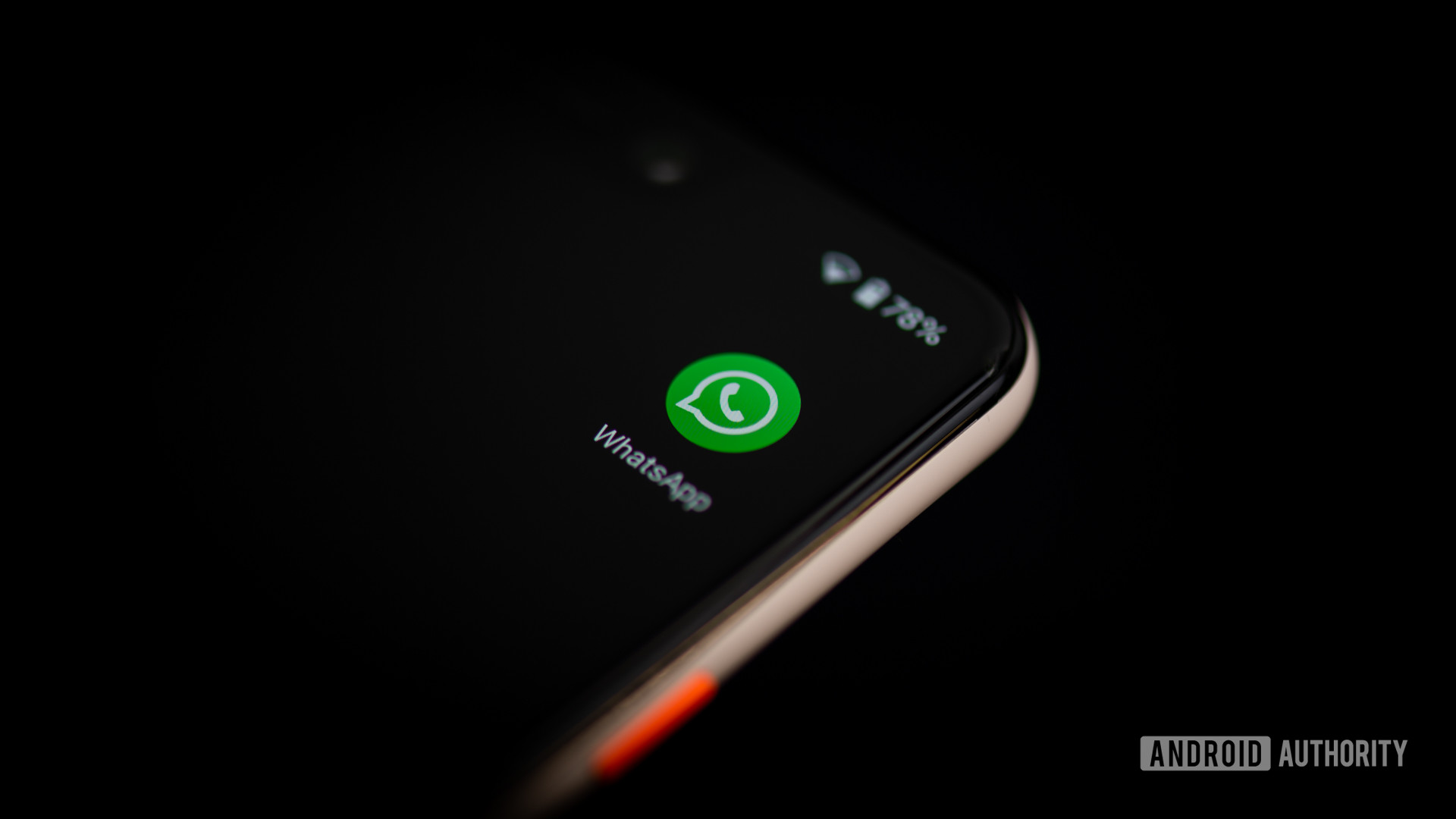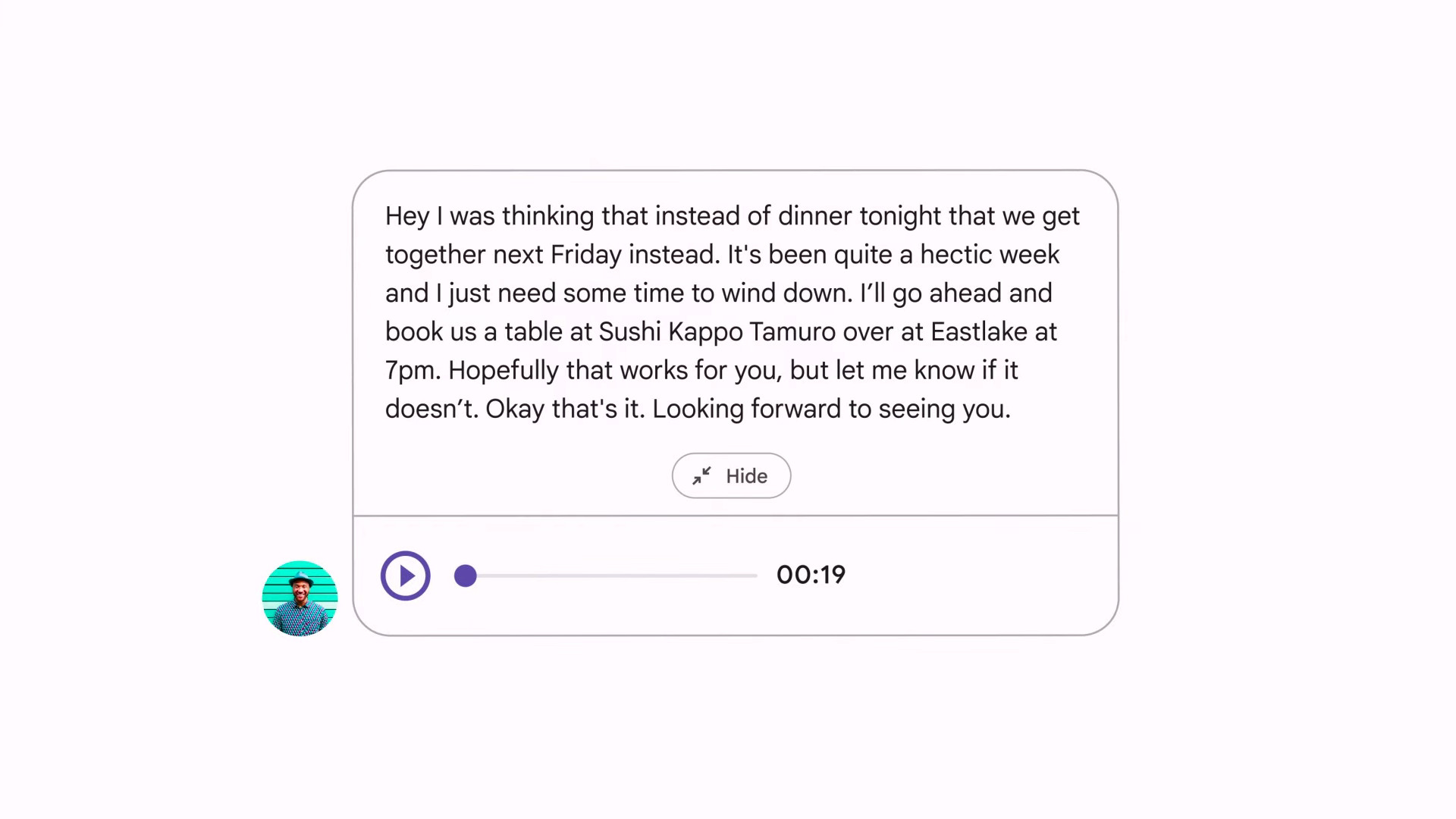
Edgar Cervantes / Android Authority
Just when you thought manufacturers had their fill of slapping “AI” on everything, generative AI is quickly becoming one of the biggest battlegrounds in the smartphone world today,
The technology already enables a ton of nifty features. But you know what? As cool as AI wallpapers and generative photo editors are, I really want AI to address one major bugbear — the modern mobile messaging experience.
Group chats are still chaotic, no matter the platform
Perhaps the biggest problem I have with modern messaging apps is group chats. They’re simply overwhelming. There’s a reason why all of my group chats on messaging platforms are muted by default. I’d like to know what I’ve missed, though. And that’s where AI could play a part.
I’d love to see AI-powered summarization for group chats. This could be a simple case of tapping a button to have an on-device service provide a 10 to 20-second summary of what happened since you last checked the chat. This way, you wouldn’t have to sift through dozens of messages to see if you missed anything worthwhile.
I mute all of my group chats, but AI-powered summarization would be a cool way to get back up to speed.
The technology already exists to help make this possible. AI-based summarization features can be found on several recent phones. The Galaxy S24 series, for example, can summarize documents, webpages, and more. We’ve even seen OPPO and OnePlus offer the ability to summarize phone calls in China.
In other words, the foundation is there for Android and messaging apps to make group chat summarization a thing.
Voice note transcriptions everywhere, please

Another AI-related feature I really want to see in all major messaging apps is voice note transcriptions. I’d much rather read what a voice note says than listen to the whole recording.
Several of my contacts prefer to send one-minute-long (or longer) voice messages rather than texts. I get it, sending a voice note is much easier than typing the message. But it’s much more convenient and often faster to read a message than listen to one.
Voice note transcription isn’t new, though. Google has Audio Message Transcription on its latest Pixel 8 flagships and the 7 series, but it’s restricted to Google Messages. And the vast majority of people outside the US will tell you they’re not sending and receiving voice notes via Google Messages. So I really hope more brands implement this feature and bring it to a wide variety of messaging apps.
And smarter notifications too

Hadlee Simons / Android Authority
Colleague Aamir Siddiqui also wants AI to fix his messaging experience, but he’s specifically calling for smarter notifications across the board.
Google has already introduced several notification-related improvements over the years, with Android Oreo’s notification channels perhaps having the most promise. This was supposed to make it easier for users to disable some notifications from an app while still allowing other alerts from the app to ping their handset. Unfortunately, notification channels haven’t really accomplished this.
What AI-enabled feature do you want to see the most?
5 votes
Sure, notifications aren’t an “all on or all off” affair anymore, but instant messaging apps are still behind the curve. While you can choose to mute specific groups and contacts, that’s about all you can do.
I’d love to see messaging apps use (preferably on-device) AI to figure out which notifications you actually care about. Do you always check quote responses in a group chat? Then ping away. Don’t care that someone liked your quoted message? Then the app could prompt you to disable these types of alerts or offer this as a silent notification. Even improved manual notification adjustments would be a step in the right direction.
Smartphone makers and platform-holders are quickly developing new and interesting features thanks to AI. I really hope these can also improve our communication experience. After all, isn’t that what phones are primarily used for?

